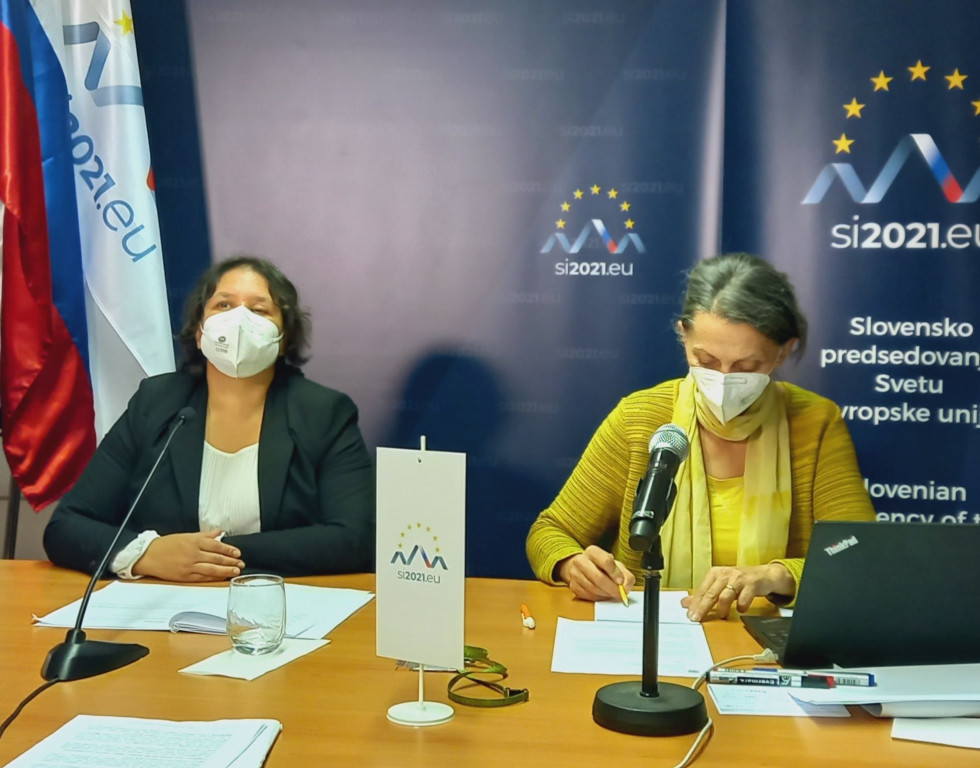Meeting of Directors-General for territorial cohesion
- Ministry of the Environment and Spatial Planning
In communicating the Territorial Agenda 2030, the main focus was on the newly redesigned joint website, which is the focal point for information on events and the way the agenda is being implemented through activities, approaches and projects at the European, national, regional and local levels. Pilot activities are a direct instrument for implementing the Territorial Agenda. In addition to the review of the implementation of the six pilot activities, two pilot activities were presented in more detail: A future of lagging regions (led by Germany) and Climate action in Alpine towns (led by Switzerland). The latter covers two Slovenian towns – Idrija and Tolmin. Another important instrument for the implementation of the Territorial Agenda is cross-border cooperation programmes – Interreg. The Directors-General welcomed the implementation of the Interact initiative – “Return of Spatiality to Interreg” – whose aim is to strengthen the importance of comprehensive and space-adapted approaches in Interreg projects.
One of the goals of the Slovenian Presidency in territorial cohesion is to promote links between the Territorial and Urban Agenda for the EU. The meeting discussed the conclusions of the joint meeting of the National Territorial Cohesion Contact Points (NTCCP) and the Urban Development Group (UDG), which took place at the end of September in Ptuj. The Directors-General supported further cooperation in this field.
As part of its Presidency, Slovenia places special emphasis on the quality of life. In close cooperation with the European Spatial Planning Observation Network (ESPON), an ESPON Policy brief was prepared – a document that offers various perspectives on the importance of territorial quality of life and presents the methodology for measuring quality of life. The final version of the document will be presented at the ESPON seminar held on 1 and 2 December in Bled. In addition to this document, in cooperation between ESPON and the Anton Melik Geographical Institute (Research Centre of the Slovenian Academy of Sciences and Arts), the Quality of Life Atlas is being prepared on the basis of the ESPON methodology. It presents different quality-of-life indicators and assessments for Slovenia and the neighbouring regions down to the municipal level.
The meeting was attended by representatives from 23 EU member and partner states and European institutions and networks in the field of spatial development and territorial cohesion, the European Commission, the Committee of Regions, the European Grouping on Territorial Cooperation of the European Spatial Planning Observation Network (ESPON EGTC), the Council of European Municipalities and Regions (CEMR) and the European Investment Bank.


